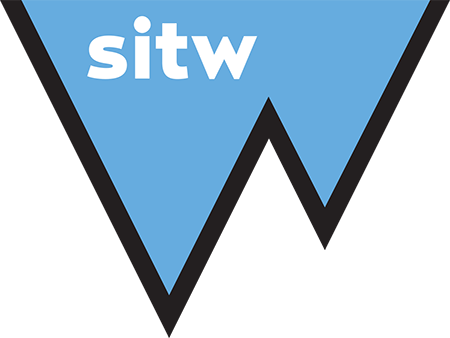The Cucapa people have lived in the Colorado Delta and along the Sierra Cucapa mountains of Mexico for 3000 years teaches Antonia Torres, cultural educator at Don Juan Garcia Community Museum. Of her Cucapa people she says, “We are called the people from the river, we were born and we came out of the Colorado River.” The Colorado River that once flowed through their valley at the base of the Sierra Cucapa in the Colorado Delta is now dry, putting their livelihoods and culture at stake. Don Juan Garcia community center is the first community museum in the whole state with the goal to educate visitors on the tribe and their history, culture, and language. Antonia hopes to attract individuals who are motivated to become involved in their culture and promote economic growth. Antonia is actively working to preserve her culture through informative, beautiful exhibits at the Don Juan Garcia Community Museum while also teaching children in her community. As the cultural educator of the Cucapa, Antonia teaches Cucapa youth to be proud of who they are, what they have, and to spread the knowledge they have of their own culture.
By Sophie Poukish





